- Joined
- Mar 18, 2012
- Messages
- 2,759
Interesting study I found on Ergo-log:
Astragalus for more Leydig cells (and therefore also more testosterone)
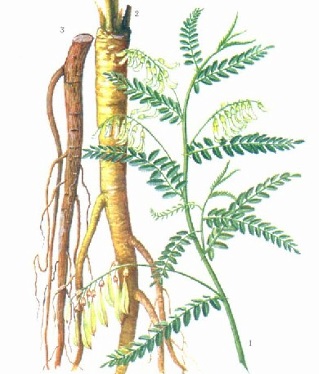
The Leydig cells in the testes produce the testosterone that circulates in the human body. According to many studies - and of course the supplements industry - all sorts of extracts can stimulate that production process. Researchers at Shanxi Agricultural University in China discovered that an extract of Astragalus membranaceus does this too - and has an added effect. According to the Chinese, Astragalus membranaceus also increases the number of Leydig cells.
Study
The researchers exposed rats' Leydig cells in test tubes to an extract of Astragalus membranaceus.
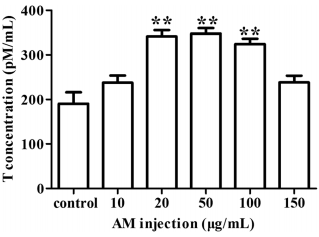
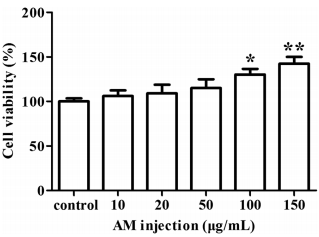
Results
As a result of being exposed to Astragalus membranaceus, the Leydig cells produced more testosterone. At least they did so at a concentration of 20-100 microgram per millilitre.
Over and above a concentration of 100 microgram per millilitre, Astragalus membranaceus increased the number of Leydig cells. We, the ignorant compilers of this free webzine, find this effect the most interesting.
How exactly Astragalus membranaceus increases the production of testosterone, and the number of testosterone-producing Leydig cells, is shown below. The extract boosts the activity of antioxidant enzymes and reduces the activity of suicide genes.
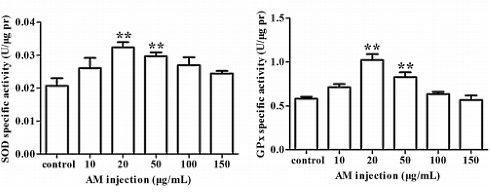
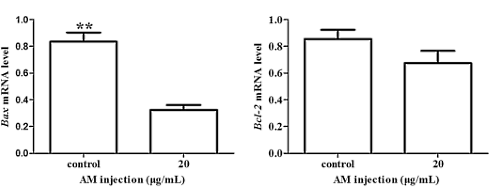
Conclusion
"In the present study, we investigated the influence of Astragalus membranaceus injection on cell numbers and testosterone production of rat Leydig cells cultured in vitro," the researchers concluded. "The results suggested that Astragalus membranaceus injection has a favorable effect on the function of Leydig cells."
"The study provides a foundation for future studies to understand the mechanisms responsible for stimulatory effects of Astragalus membranaceus injection on Leydig cells and whether Astragalus membranaceus treatment in vivo can enhance indices of male fertility."
Source:
https://bmccomplementalternmed.biomedcentral.com/articles/10.1186/s12906-015-0776-3
Astragalus for more Leydig cells (and therefore also more testosterone)

The Leydig cells in the testes produce the testosterone that circulates in the human body. According to many studies - and of course the supplements industry - all sorts of extracts can stimulate that production process. Researchers at Shanxi Agricultural University in China discovered that an extract of Astragalus membranaceus does this too - and has an added effect. According to the Chinese, Astragalus membranaceus also increases the number of Leydig cells.
Study
The researchers exposed rats' Leydig cells in test tubes to an extract of Astragalus membranaceus.


Results
As a result of being exposed to Astragalus membranaceus, the Leydig cells produced more testosterone. At least they did so at a concentration of 20-100 microgram per millilitre.
Over and above a concentration of 100 microgram per millilitre, Astragalus membranaceus increased the number of Leydig cells. We, the ignorant compilers of this free webzine, find this effect the most interesting.
How exactly Astragalus membranaceus increases the production of testosterone, and the number of testosterone-producing Leydig cells, is shown below. The extract boosts the activity of antioxidant enzymes and reduces the activity of suicide genes.


Conclusion
"In the present study, we investigated the influence of Astragalus membranaceus injection on cell numbers and testosterone production of rat Leydig cells cultured in vitro," the researchers concluded. "The results suggested that Astragalus membranaceus injection has a favorable effect on the function of Leydig cells."
"The study provides a foundation for future studies to understand the mechanisms responsible for stimulatory effects of Astragalus membranaceus injection on Leydig cells and whether Astragalus membranaceus treatment in vivo can enhance indices of male fertility."
Source:
https://bmccomplementalternmed.biomedcentral.com/articles/10.1186/s12906-015-0776-3

